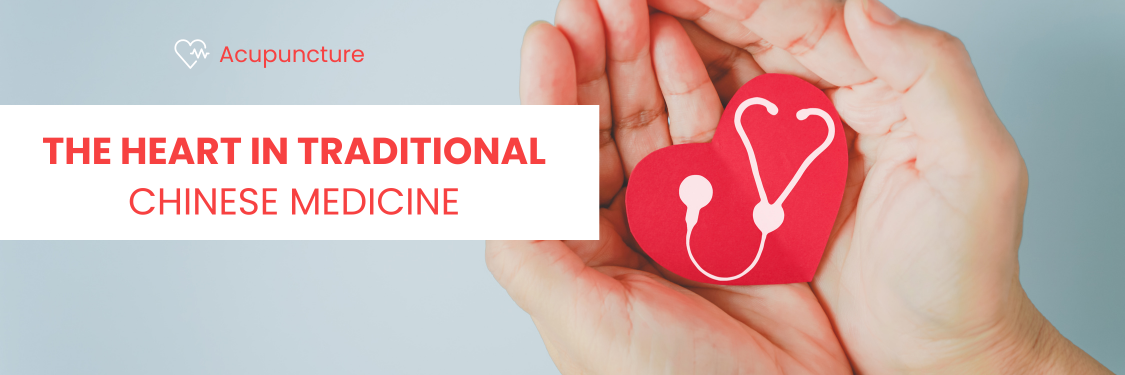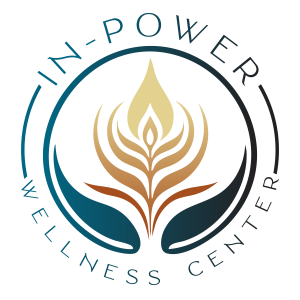
The Heart and the Fire Element
In TCM, the heart is associated with the Fire element. Fire is a symbol of heat, light, and energy, and it represents summer, expansion, and maximum activity. Just as fire is essential for life, the heart is crucial for our vitality and our ability to experience joy and love. The heart, as the organ of Fire, is related to warmth, enthusiasm, and passion, but it can also be vulnerable to emotional imbalances and disorders if the Fire becomes unbalanced.
Energetic Function of the Heart
The heart in TCM has several key energetic functions:
- Governing Blood and Blood Vessels: The heart regulates the flow of blood and maintains the health of blood vessels, ensuring that blood circulates properly throughout the body.
- Housing the Shen (Spirit): Shen refers to the mind and spirit. A healthy heart houses a calm and clear Shen, which manifests as a serene mind, good memory, and restful sleep.
- Regulating Joy: The emotion associated with the heart is joy. A balanced heart allows us to experience joy and satisfaction, while an imbalance can lead to restlessness, anxiety, or depression.
Symptoms Associated with Heart Malfunction
When the heart does not function properly according to TCM, various symptoms can appear, both physical and emotional:
- Insomnia and Disturbing Dreams: Difficulty falling asleep or having vivid and disturbing dreams can indicate a heart imbalance.
- Palpitations: Sensations of irregular or rapid heartbeats may signal disharmony.
- Anxiety and Nervousness: Feelings of anxiety, restlessness, and nervousness are common when the heart is unbalanced.
- Circulatory Problems: Cold hands and feet, as well as poor circulation, can be related to heart issues.
- Red Tongue and Chest Pain: In TCM, the tongue is an important diagnostic tool. A red tongue can indicate excess heat in the heart.
Teas and Herbs to Heal the Heart
There are various herbs and teas in TCM that help balance and heal the heart:
- Dan Shen (Salvia miltiorrhiza): Known for improving blood circulation and calming the mind.
- Bai He (Lily Bulb): Used to nourish the heart and calm the Shen, helping to relieve anxiety and insomnia.
- Long Yan Rou (Longan Fruit): Helps to tonify heart blood and calm the spirit.
- Huang Qi (Astragalus): Strengthens heart Qi and improves physical and mental resilience.
Meditation to Heal the Heart
Meditation is a powerful tool in TCM to balance the heart and Shen. Here is a simple meditation to heal the heart:
- Find a Quiet Place: Sit in a comfortable position with your back straight.
- Breathe Deeply: Close your eyes and breathe deeply, inhaling and exhaling slowly.
- Focus on the Heart: Bring your attention to the area of your heart, visualizing a warm and bright light enveloping it.
- Visualize Joy: Imagine this light expanding with each inhalation, filling you with joy, peace, and love.
- Remain in this State: Maintain this visualization for a few minutes, allowing your heart to be filled with positive energy.
Acupressure Points to Heal the Heart
Acupressure is another effective technique to balance the heart’s energy. Here are some key points:
- HT7 (Shenmen): Located on the wrist, this point calms the mind and helps relieve insomnia and anxiety.
- PC6 (Neiguan): Situated on the forearm, this point is excellent for treating palpitations and anxiety.
- CV17 (Shanzhong): This point, located in the center of the chest, is ideal for releasing emotional tension and improving the flow of energy in the heart.
The heart is a vital organ in Traditional Chinese Medicine, not only for its physical function but also for its role in emotional and spiritual health. Maintaining the balance of the heart is essential for a full and harmonious life. With the use of herbs, teas, meditation, and acupressure, we can support the health of our heart and promote overall well-being. Always remember to consult with a TCM professional for a proper diagnosis and treatment tailored to your specific needs.












